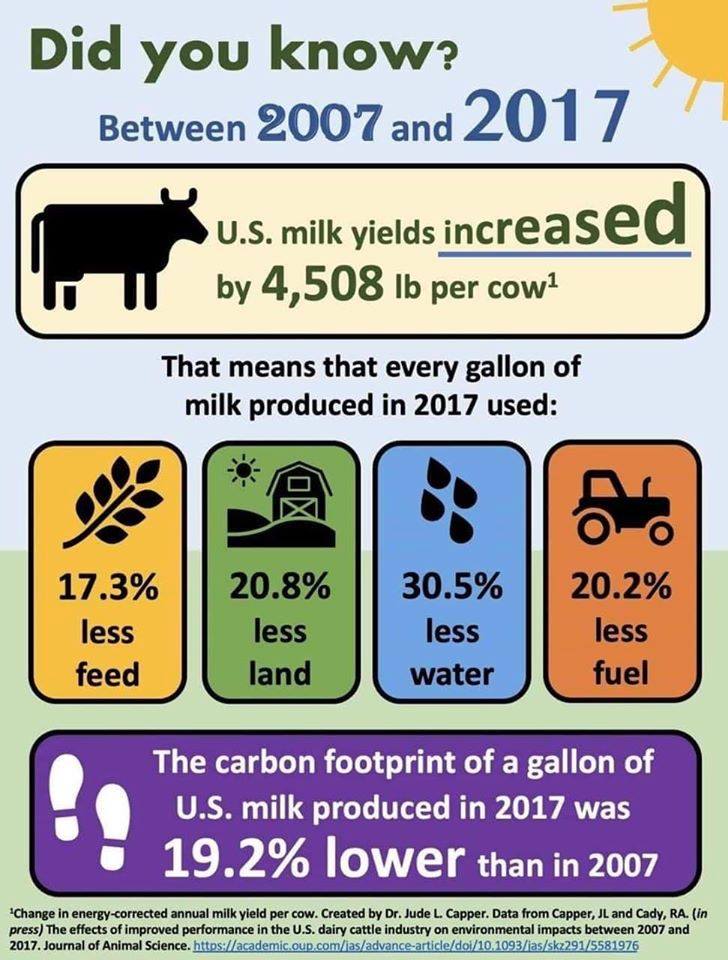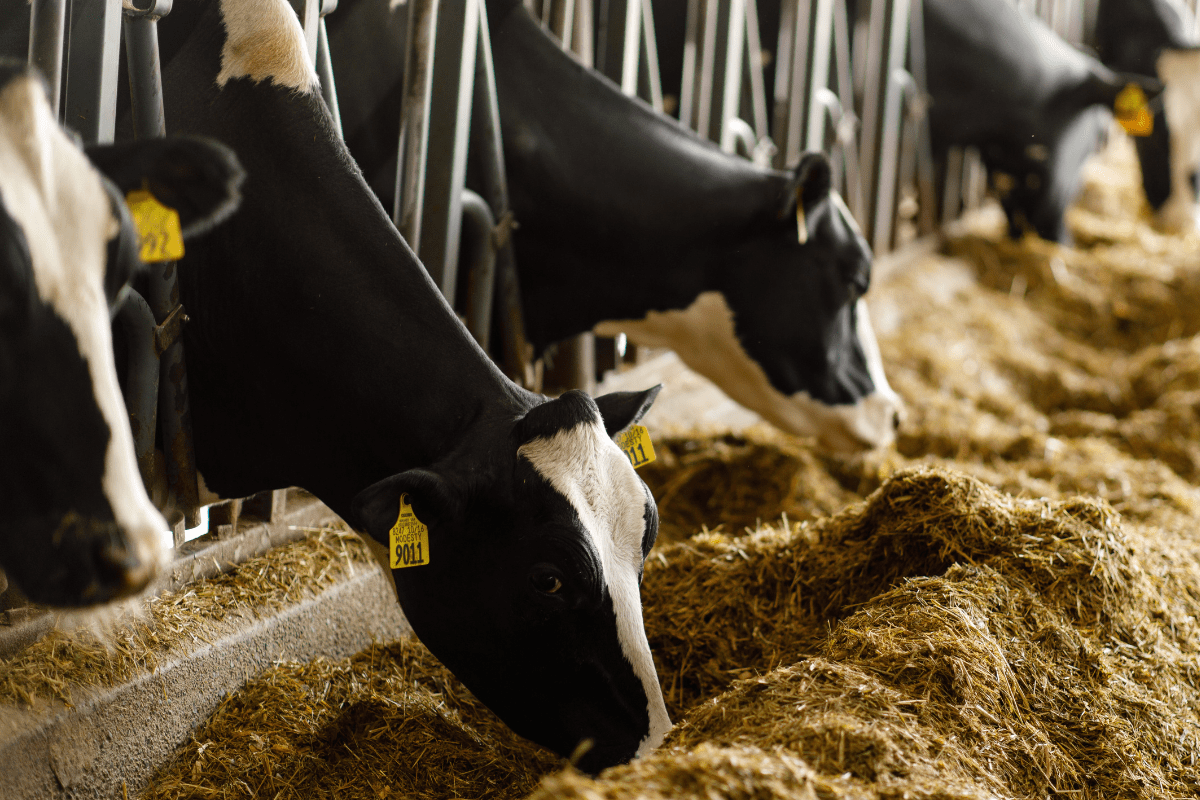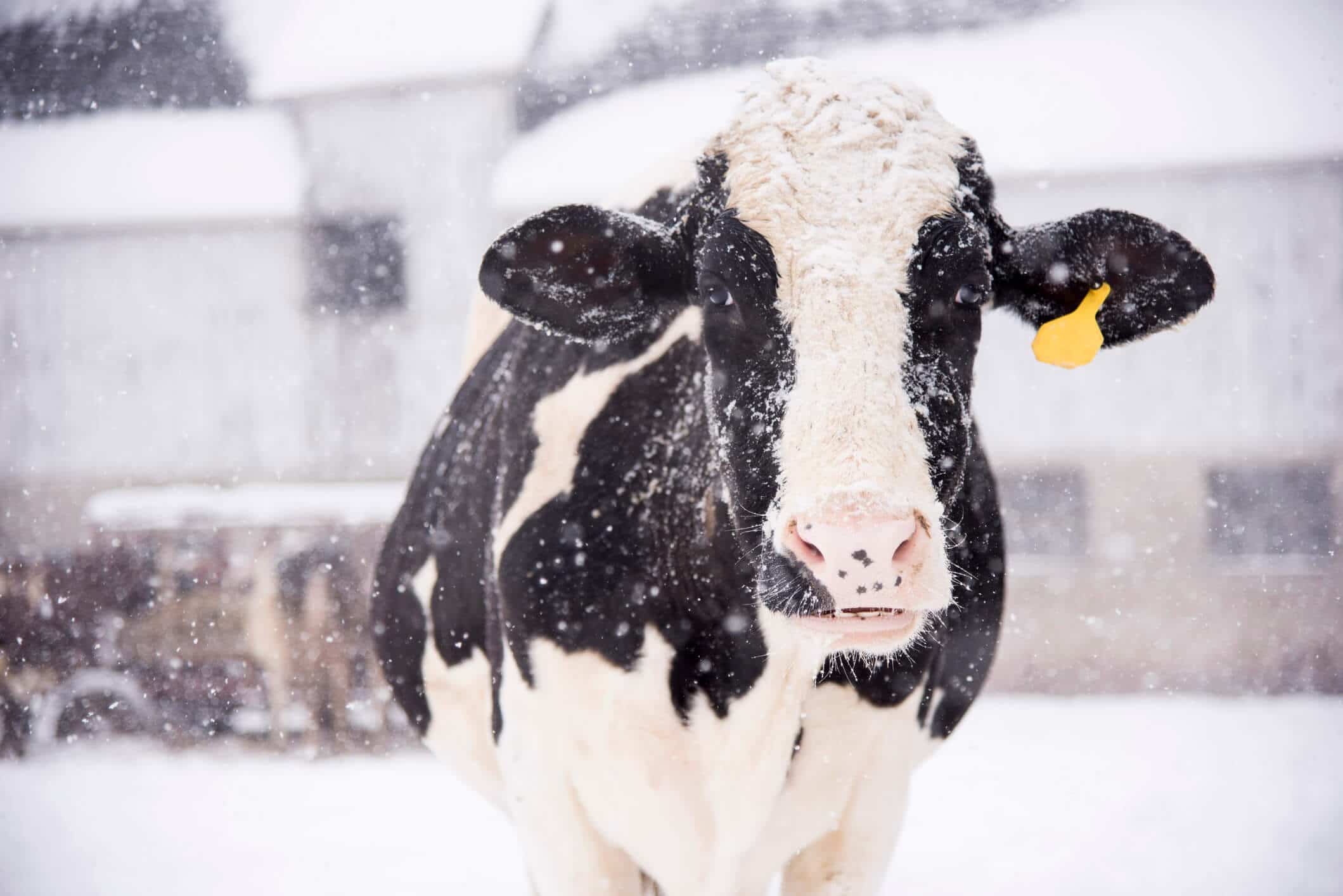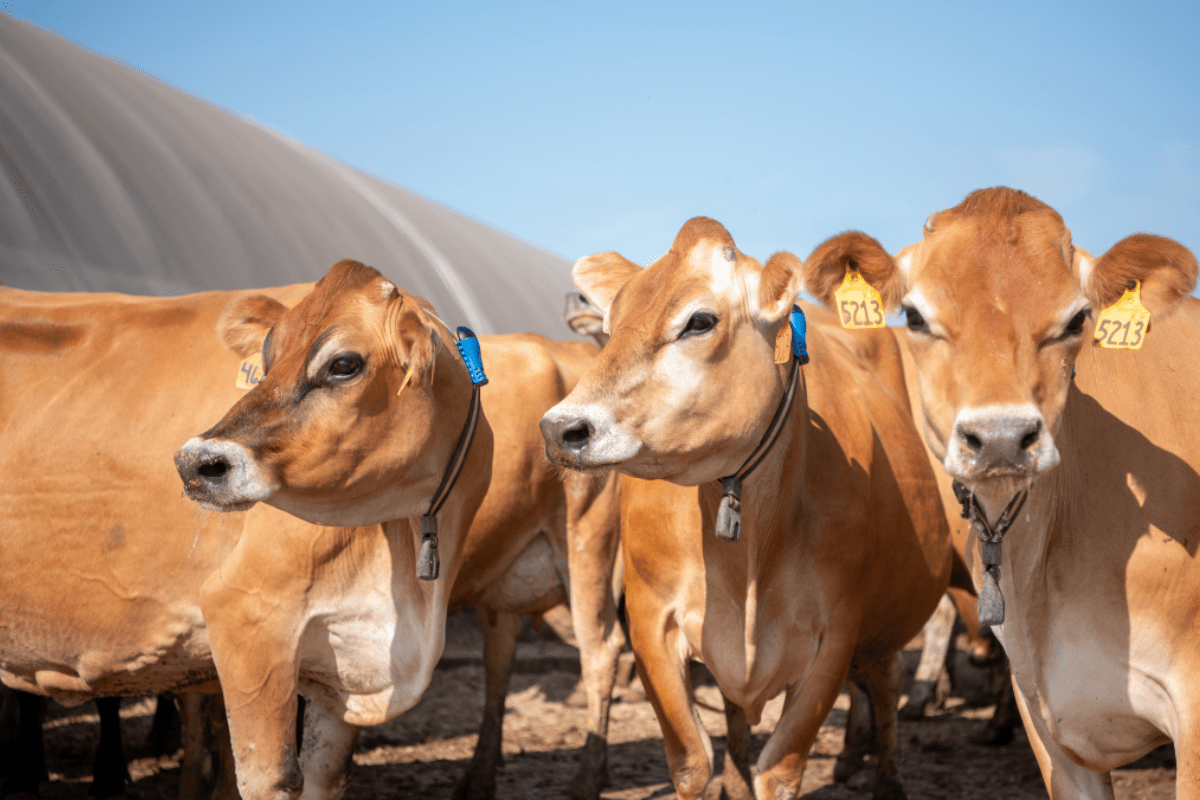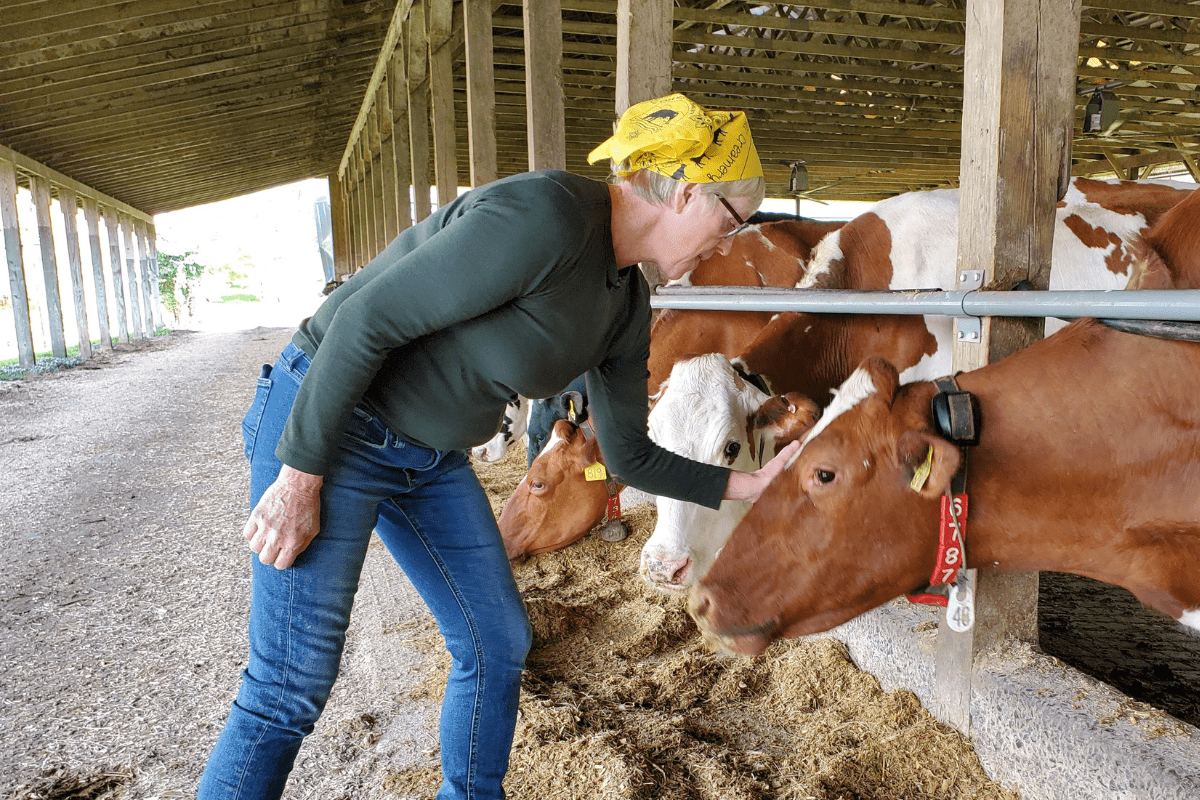The Innovation Center for U.S. Dairy announced its annual U.S. Dairy Sustainability Award winners on April 22, 2020. Twin Birch Dairy in Skaneateles, N.Y., was named a winner in the “Outstanding Dairy Farm Sustainability” category. We talked with Ron Ohrel (pictured), director of Environmental Outreach for American Dairy Association North East, for his perspective on how Dairy Farm Sustainability Makes Good Neighbors.
Q: Why did Twin Birch Dairy win this national award?
A: Twin Birch Dairy is one of three national award winners in the “Outstanding Dairy Farm Sustainability” category for 2020. Twin Birch is a great example of a dairy farm that is not only successful at producing high quality milk but also has a positive impact on the environment and the community. Their mission statement really speaks for itself: ‘Twin Birch Dairy, LLC will strive to operate an environmentally friendly dairy farm business that will provide a good livelihood for its principals as well as its employees. We will run our business in a manner that is perceived by our neighbors and the community as an asset to the area.’
Q: How does Twin Birch Dairy put that statement into action?
A: Dairy farms nationwide use many of the management and conservation practices used at Twin Birch Dairy. But few replicate ALL of Twin Birch’s practices. The farm’s management team has a reputation for and commitment to natural resource conservation and environmental protection. There are two environmentally sensitive lakes near the farm and one key to their protection is keeping the nutrient-rich fertilizer and soil in place on the fields. Nearly all of the farm’s acreage includes cover crops, which protect the soil from erosion and improve water and nutrient retention. The cows are fed a diet that makes more efficient use of nutrients like phosphorus and nitrogen. They manage their manure in ways to maximize its use on fields.
Q: You mentioned the two environmentally sensitive lakes. What kind of challenge does that pose for the farm?
A: Both Skaneateles and Owasco lakes are sensitive watersheds that supply drinking water to roughly 300,000 people in nearby towns and cities. In addition to being near the lakes, the farm is near a golf course and million-dollar lakefront homes. Building and maintaining good relationships with neighbors is a large part of the farm’s business strategy. That’s a big reason why the farm built remote manure storage facilities where odors would remain unobtrusive to neighbors. To further minimize manure-related odors, Twin Birch transports manure via hoses and injects the manure directly into the soil.
Q: The farmers at Twin Birch seem to take community relations seriously. Why is that so important to them?
A: The farm is part of the community. Owner Dirk Young knows that his social license to farm requires community support. And Dirk and his partners Todd Evans and Jeremy Brown are willing to be scrutinized.
For example, water quality in the lakes has become a hot topic in recent years, with both experiencing harmful algal blooms (HABs). Much attention is being given to potential causes. Dirk, Todd, and Jeremy volunteered the farm for a water monitoring study conducted by the Owasco Watershed Lake Association, a local environmental organization. The study showed that water quality immediately downstream of Twin Birch Dairy was generally equal to, if not slightly better, than the upstream water quality. In other words, the stream is just as clean – if not cleaner – when it leaves the farm. Clearly, the farm is a good environmental steward. This is an example showing that large dairy operations and environmental protection can be entirely compatible.
Q: No two dairy farms are alike and each farm does things differently. What are some other environmental-friendly practices used on farms?
A: While Twin Birch is getting recognition–and deservedly so–Earth Week is a good time to note that dairy farms throughout the country are taking steps to help the environment every day. From engaging in healthy soil practices to planting trees along streams to addressing food waste to reducing their carbon footprint, dairy farms like Twin Birch are leading sustainability efforts nationwide.
